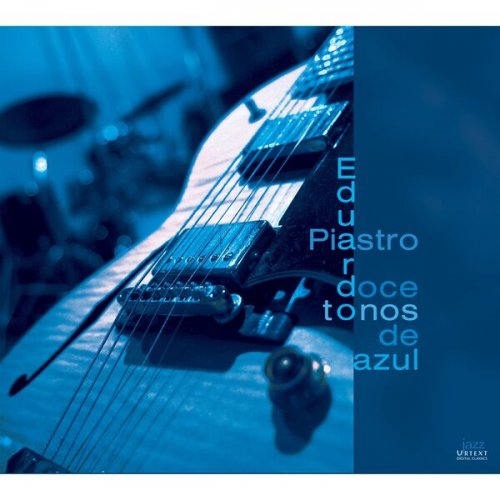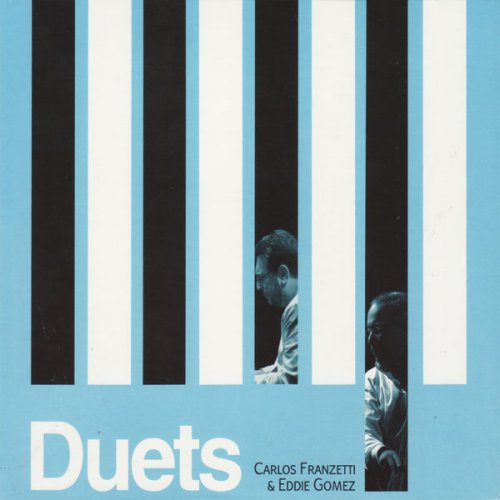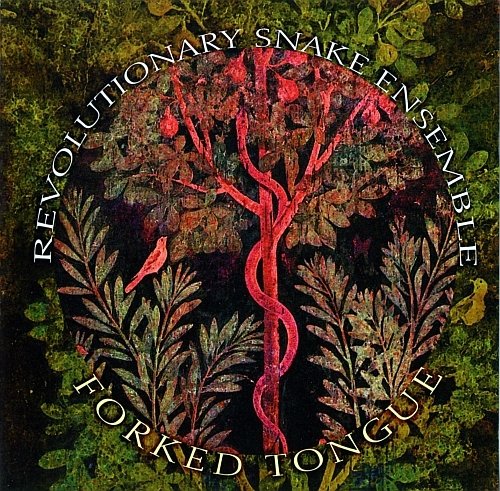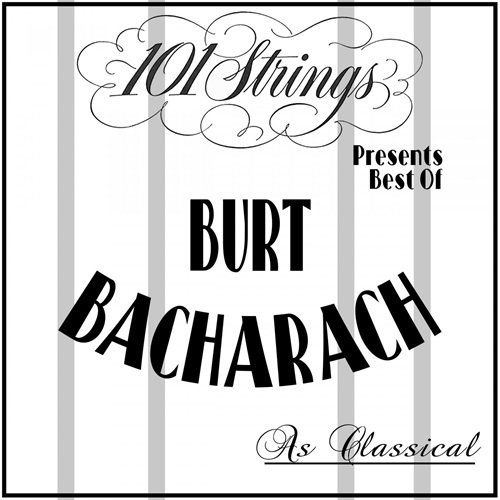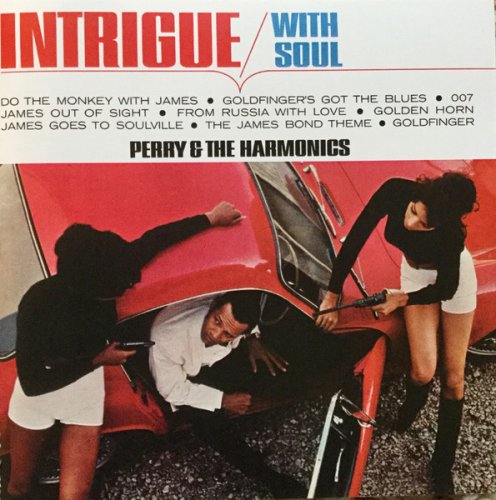Lena Susanne Norin, Hermann Max - Johann Christoph Friedrich Bach – Cassandra (2000)
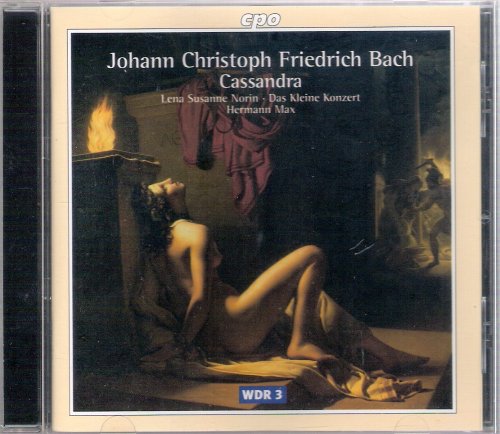
Artist: Lena Susanne Norin, Hermann Max
Title: Johann Christoph Friedrich Bach – Cassandra
Year Of Release: 2000
Label: CPO
Genre: Classical
Quality: APE (image+.cue,log,scans)
Total Time: 00:56:47
Total Size: 244 Mb
WebSite: Album Preview
Tracklist: Title: Johann Christoph Friedrich Bach – Cassandra
Year Of Release: 2000
Label: CPO
Genre: Classical
Quality: APE (image+.cue,log,scans)
Total Time: 00:56:47
Total Size: 244 Mb
WebSite: Album Preview
01. Odi, o Troia, Cassandra!
02. Sospirosetti va raddoppiando gli umidi baci
03. Non sempre riderai, scherzosa Dea
04. Santa Dea, figlia di Giove
05. Nulla ottien della Dea il Re dolente!
06. Dal fondo imo algoso il fiume sdegnoso
07. Pur con l'aiuto di Vulcan
08. Vieni o sposa, te felice se ti lice
09. Ei cade sulla polve
10. Quanti danni! Quanti affanni
11. Chi nell' abisso mi sotterà?
J.C.F. Bach (1732-1795) is often referred to as the Bückeburg Bach because he spent nearly his whole life, beginning at age 17, as the concert-master at the court of a minor Saxon Count.
His 'captivity' there, like Haydn's at Esterhazy, was not uncomfortable but it surely stifled his ambitions for musical acclaim and consigned him to even more obscurity than the others of the Bach brood.
"Cassandra" is a relatively early composition, showing both the mastery of musical vocabulary he'd acquired from his father and the inspired innovations he learned from the fine Italian musicians he met in Bückeburg, some of them students of the great Baldassare Galuppi of Venice.
The result is a uniquely complex cantata, belonging more to the Gluck & Mozart future than to the baroque.
To call it a "dramatic" cantata is fully justified; it's nearly an opera for one singer in scope and in narrative thrust.
His 'captivity' there, like Haydn's at Esterhazy, was not uncomfortable but it surely stifled his ambitions for musical acclaim and consigned him to even more obscurity than the others of the Bach brood.
"Cassandra" is a relatively early composition, showing both the mastery of musical vocabulary he'd acquired from his father and the inspired innovations he learned from the fine Italian musicians he met in Bückeburg, some of them students of the great Baldassare Galuppi of Venice.
The result is a uniquely complex cantata, belonging more to the Gluck & Mozart future than to the baroque.
To call it a "dramatic" cantata is fully justified; it's nearly an opera for one singer in scope and in narrative thrust.
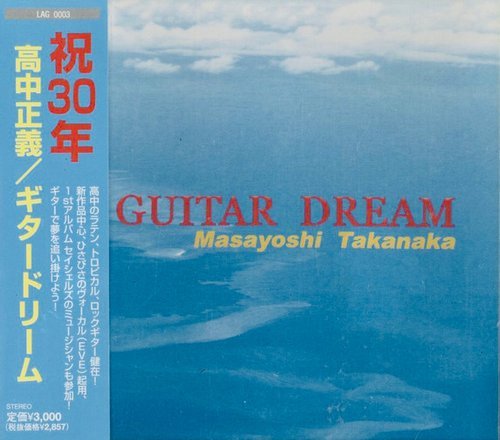
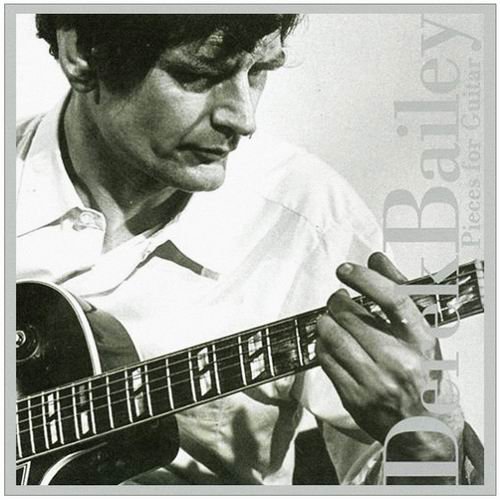
![Gegè Telesforo - FunSlowRide (Remastered 2025) (2026) [Hi-Res] Gegè Telesforo - FunSlowRide (Remastered 2025) (2026) [Hi-Res]](https://www.dibpic.com/uploads/posts/2026-01/1769769552_cover.jpg)
